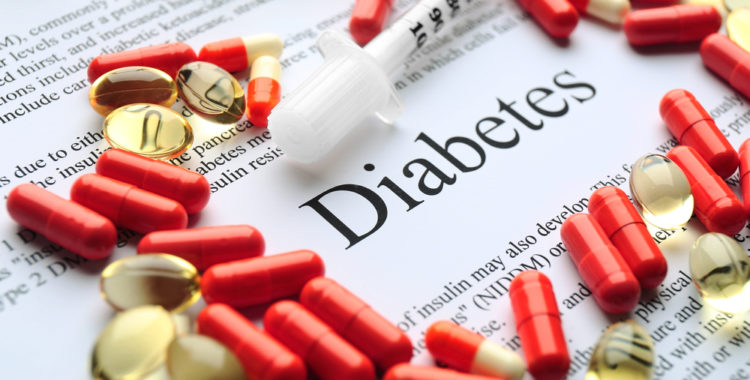Overturning Harmful Diabetes Myths with Facts and Statistics
There are many myths circling diabetes. With the large number of U.S. residents being diagnosed and living with diabetes each year, it’s important for individuals to know the truth about this condition. Believing diabetes myths can be dangerous. They can even lead to preventing individuals from getting the help and making the daily changes they need to live a healthier life. So, to combat these myths, we’ve come up with some diabetes facts and statistics which can help individuals discover the truth about their health condition. And, in turn, live with diabetes while maintaining well being.
Myth #1: Obesity Leads to Diabetes
While it’s true that a large percentage of those diagnosed with diabetes are obese, not all that are obese are diagnosed with diabetes. In fact, only one in five obese individuals has diabetes. Sometimes, individuals who keep a healthy lifestyle, are slim, and eat right get diabetes. That’s because diabetes is most likely tied to genetics and family history. While being overweight may increase the risk for an individual to develop diabetes, it doesn’t directly cause diabetes.
Myth #2: Insulin can Cause Loss of Sight
This diabetes myth is one of the most dangerous because it can keep individuals from getting the life-saving treatment they need through insulin. Before it was routinely used to manage blood sugar levels, medical professionals would administer it as a last ditch effort. And, because it was administered too late, individuals were already suffering from diabetic symptoms which include loss of sight. The truth is that insulin is one of the most commonly used and effective drugs to treat diabetes.
Myth #3: People with Diabetes Shouldn’t Exercise
In all reality, people with diabetes should exercise more. Exercise is a great way to maintain heart health and healthy organ function. It also helps the body to increase endorphin production, which can help with mood regulation and even combat depression. But, it’s typically believed that those who are diagnosed with diabetes shouldn’t exercise. That’s because exercise can lower blood sugar levels. However, with the right treatment and high carbohydrate intake, even the most extreme and physical exercise is fine for diabetics to take part in.
Myth #4: Diabetics Can’t Eat Sugar
Undoubtedly, this diabetes myth is the most commonly believed. While high sugar levels are bad for those diagnosed with diabetes, it’s fine for individuals to consume sugar in moderation. It all depends on the individual, their medical history, doctor suggestions, and taken medications. If you have diabetes, ask your doctor how much sugar you should be consuming. And, if you do eat sugar, remember to have your medication nearby.
Myth #5: Taking Insulin Hurts
If you’ve ever had an antibiotic or steroid shot, you know that shots can be painful. But, insulin shots don’t need to be injected far into muscle tissues as other injections might. So, needles used to administer insulin are very tiny and do not cause painful side effects. Along with being tiny and shortened needles, insulin shots are usually coated with lubricant, making them even more easy to administer. All in all, insulin shots are nothing to fear!
Myth #6: Diabetes Medications can Break the Bank
Those diagnosed with diabetes need to have treatment at all times. Otherwise, they may be at risk for developing serious side effects of the condition. And, this medication can get pricey, especially when large amounts have to be purchased at a time. Fortunately, not all who are diagnosed with diabetes have to struggle with the financial burden of these medications. For those who qualify, patient assistance programs can help to discount or even completely cover the cost of these medications.
If you want to find out if Advocate My Meds can help with the cost of your diabetes medications, find out if you qualify for our patient assistance services on our website or give us a call today at 877-596-1604.







